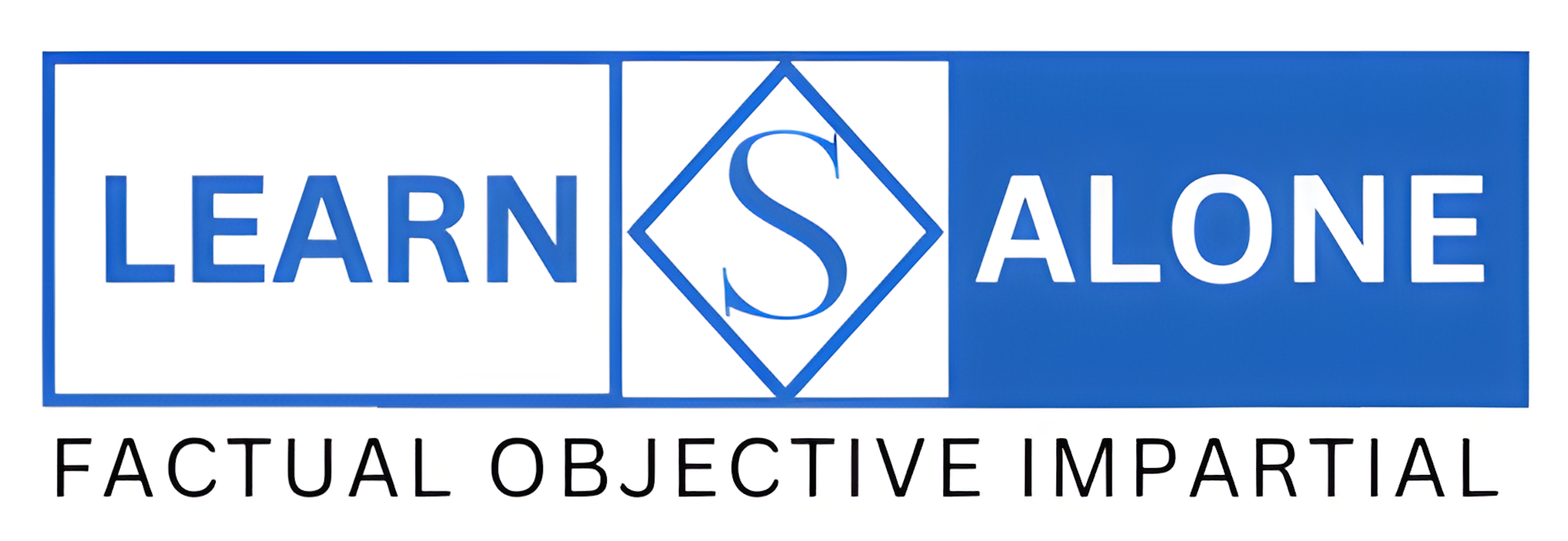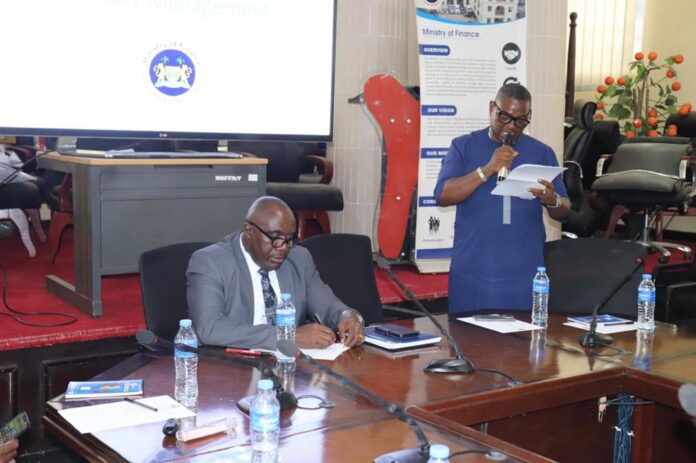The Ministry of Finance, through its Directorate of Stores and Inventory Control Management, has launched a two-day training workshop aimed at strengthening inventory and asset management practices across Ministries, Departments, Agencies (MDAs), and Local Councils.
The training, held on June 19 and 20 at the Ministry’s Conference Hall on George Street, Freetown, focuses on operationalising the newly developed National Regulatory Framework and Policy Document on Assets and Inventory Manual. The initiative is expected to equip Stores and Inventory Control staff with the skills to manage government assets more effectively.

In his opening remarks, Joseph Ngegba, Director of Stores and Inventory Control Management, said the Directorate was created in 2019 to assume control over government asset and inventory functions previously managed by the Accountant General’s Department. He noted the lack of a standardized policy document guiding inventory operations prior to the Directorate’s establishment.
Ngegba highlighted a nationwide assessment that uncovered gaps in store documentation and personnel capacity, emphasizing the need for structured procedures to prevent misuse of public assets.
Delivering the keynote address, Principal Deputy Financial Secretary (PDFS) Samuel E.B. Momoh referenced the2017–2019 Auditor General’s Report, which identified major deficiencies in asset and inventory management across government institutions.
Momoh pointed out that in 2021, the government, in collaboration with the European Union (EU)and the National Asset and Government Property Commission, initiated theStores Inventory and Asset Management missionunder the EU-fundedState Building Contract Phase III Project. He acknowledged the EU’s role in supporting the development and validation of the new regulatory documents in 2022.
“This training marks a significant step toward eliminating loopholes in government stores management,” Momoh said, urging participants to fully engage with the materials presented.
Independent Consultant Fatorma S. Koroma, who led technical sessions during the workshop, addressed key issues outlined in the manual, including non-compliance with legislation, lack of inventory expertise, and undocumented or inconsistent store processes. He emphasized the need for proactive management and accurate stock record-keeping.
The training is expected to continue in regional centers, with the aim of ensuring all relevant staff are equipped to implement the new standards. The Ministry says this reform is part of a broader effort to increase accountability and reduce the misuse of public resources.




